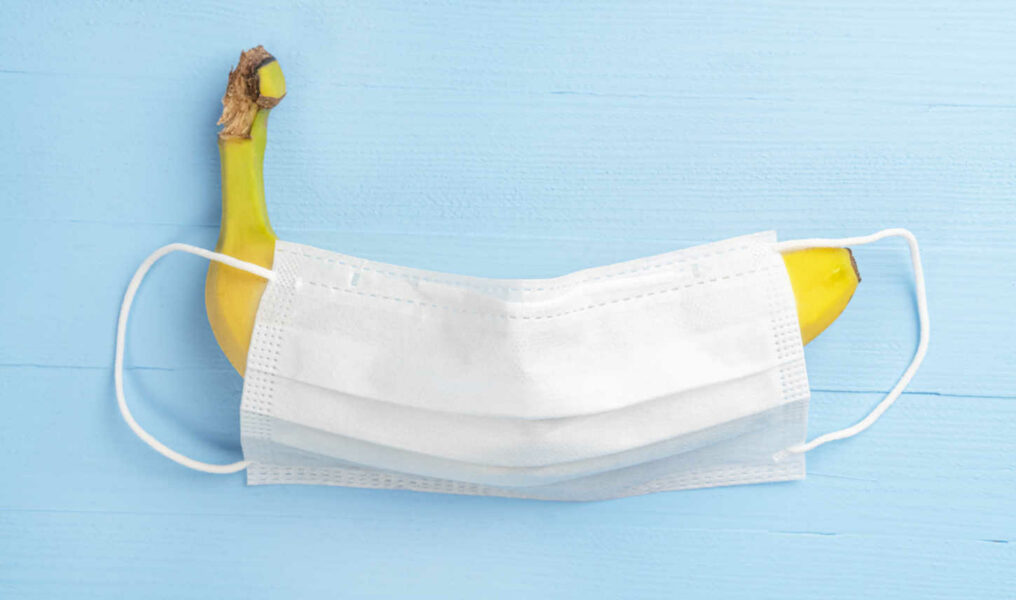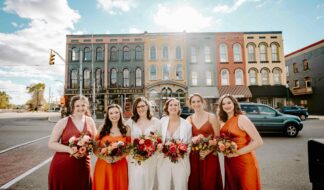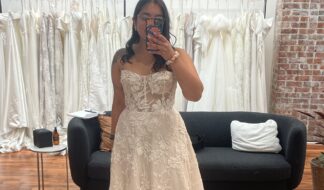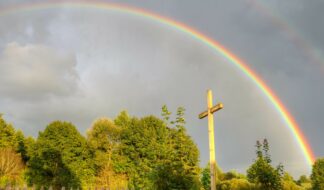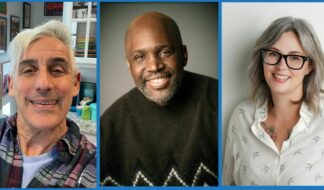[Editor's note: Some of the subjects interviewed for this story preferred to use only their first names to maintain anonymity.]
While living in pre-pandemic New York City in early 2020, Brandon didn't even think twice about hooking up with other men. In an average week, he says he was sleeping with five guys.
"There's a ton of great options, and it's just part of the culture," he says. "Everyone's young and cute and horny."
But when COVID hit, sex in the LGBTQ+ community, as he remembers it, came to a "screeching halt." At first, he heeded health and safety guidelines. In fact, he stopped meeting men for sex entirely. But by the time he moved back to Michigan several months later, he couldn't help himself — he started to feel the urge to fool around again. He noticed a trend: other men on dating and hookup apps like Grindr were giving in to their sexual desires too.
"The real promiscuous guys would still do it on the low," he says, " but there wasn't a huge thing around it. It stopped for me. I just fully stopped."
Then, by the end of last year, Brandon decided to start hooking up again.
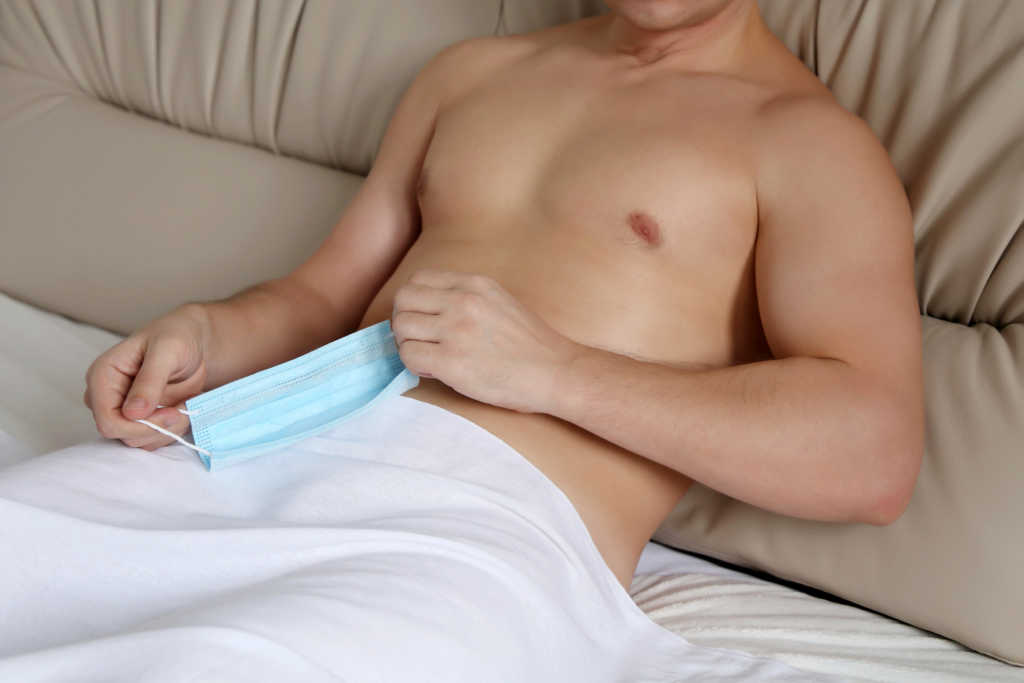
For some, the guilt of resuming sexual activity during a pandemic made it impossible to do so. That's the experience of Robert, an Ann Arbor-based gay guy who regularly dated, used apps and participated in cam sites and men's masturbation clubs pre-COVID. When the pandemic hit, he abstained even from online encounters.
"I quit using the apps altogether and I have not had had sex since January 31, 2020," he says. "Part of all that is with the pandemic — being single, living alone and at the time, unfortunately, being unemployed — I was quite depressed."
In the case of David, a gay Michigan native who identifies as a bear and is now living in Arizona, he says he's seen more people use apps and social media to solicit hookups — including himself — but not without implementing some precautions first.
"In my own experience, I have seen more people on the apps, as well as more recently I have used them to hook up, but usually making sure they were safe and tested first," he says.
On a larger scale around Metro Detroit, it seems that the trend for making sexual connections online has held up, too. Royal Oak-based psychotherapist and sexual health expert Dr. Joe Kort says that casual sex practices have remained largely the same as they were before the pandemic — and the vaccine rollout hasn't done much to change people's behaviors. In his practice, he's noticed a distinct 50/50 split: the people who have chosen to be cautious have been, while those who have decided to continue hooking up never stopped.
"It's all ages," he says. "Forty and younger, they don't feel that they are at risk. Or if they are, they think they'll just live with it and get past it. So, while it definitely has impacted people, I still think people are operating as if it hasn't."
Where COVID and AIDS meet in the middle
In some cases, blasé attitudes about transmission within the LGBTQ+ community have led to large groups engaging in risky behavior. Brandon mentioned that while he lived in New York, he became aware of "antibody parties" — better known as orgies to establish herd immunity — that were happening among gay guys.
Dr. Tim Retzloff, a professor of LGBTQ+ studies at Michigan State University and a gay man himself, drew a comparison between this style of party during this pandemic and the actions that were taken by some during the AIDS epidemic in the U.S. during the '80s and '90s.
"There were certainly people who became fatalistic about AIDS," he says. "And they figured, 'I'm going to get it, so I might as well just get it.'" This was happening, he adds, "just before the cocktail of treatments became available and actually started saving people's lives."
Echoing Retzloff is the Rev. Dr. Renee McCoy, a Detroit-born anthropologist who identifies as a lesbian. She is also the former director of the city's HIV and AIDS prevention programs and worked in HIV prevention right as the AIDS epidemic hit New York in the early '80s. She, too, drew parallels and said that, while both viruses differ, it all comes down to one's hierarchy of risk.
"We didn't all enter into [the AIDS epidemic] where risk had the same agency. That's been the same thing with COVID," she says. "People see themselves at risk, but there's so much going on in their lives that they consider risky also."
She recalled her time as a pastor in New York during the HIV epidemic: "Most of the people that I dealt with were Black LGBTQ persons. So, AIDS hit the white community and they said, 'Well, I'm not dealing with white boys, so I'm not at risk.'"
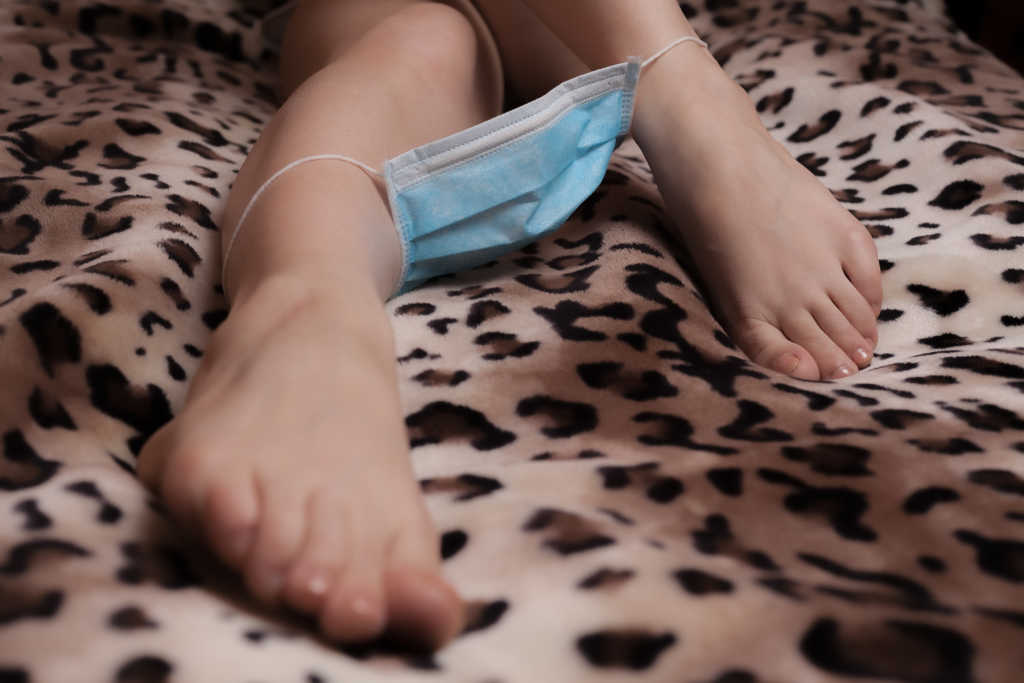
Back on the hunt
Some health organizations and states, like New York, aren't stupid — they know total abstinence isn't a realistic option. Consequently, they've released safer-sex guides. Though information about what is and isn't COVID-safe continues to develop now that vaccines are available, Kort still recommends taking social distancing to the bedroom.
"Wear masks. Masturbation six feet apart. I know it sounds strange, but that is the safest way," he says. "Watch each other masturbate and have masks on when you're engaging in sex."
Kort says that for those who know they will not be able to avoid sexual encounters or be able to adhere to his socially distant advice (and are not yet vaccinated), committing to quarantine for two weeks before meeting up with a potential partner is best practice.
Only now that the vaccine is becoming widely accessible and he's gotten both doses, Robert has started to get his libido back — with plans for a possible Provincetown vacation this summer.
"I do find myself flirting quite a bit," he says. "I had one gentleman recently text me who is vaccinated say, 'You need to get your shots. Because I need some dick.'"
